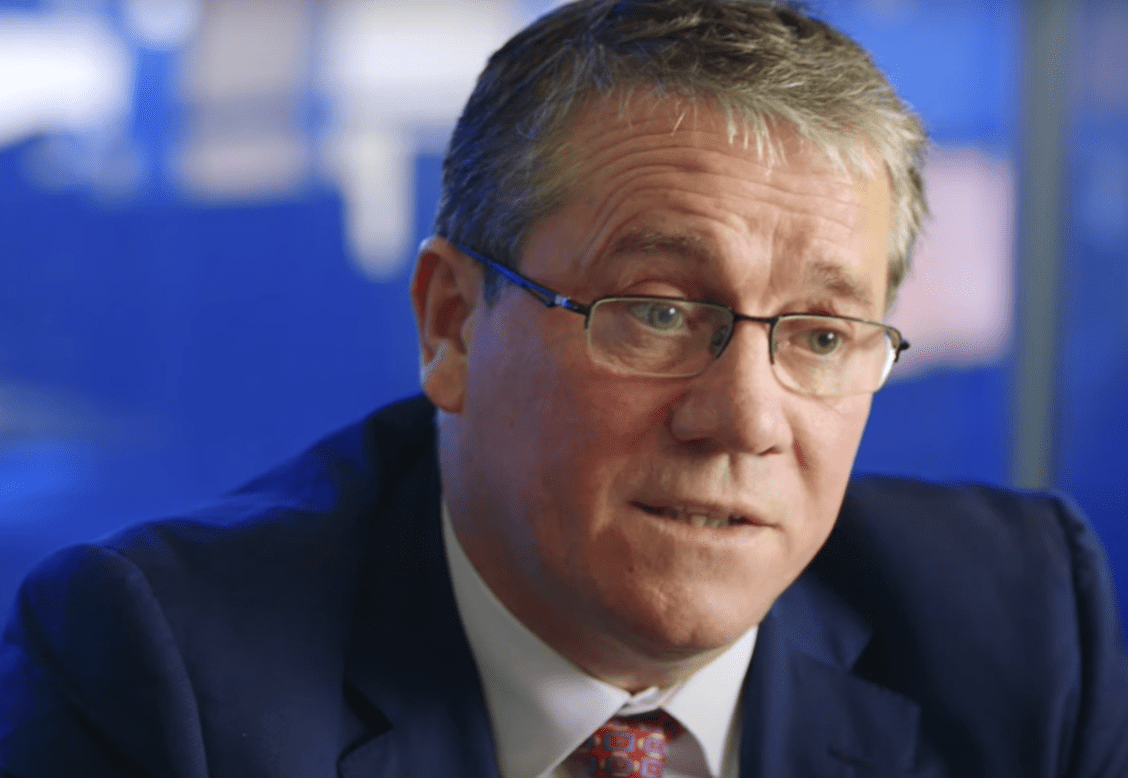Midway through our interview, David Walsh unleashes a message that sums up both his approach to business and also explains why he has been so successful at it. “There are only two types of organisation in the world,” he said. “Those who are drivers of change and those who are victims of change. Unfortunately, companies who are victims of change do not survive.” It is an ethos that Walsh put at the heart of Netwatch, the phenomenally successful security monitoring company that he set up with Niall Kelly in 2002 and grew to employ more than 550 people. As he…
Cancel at any time. Are you already a member? Log in here.
Want to read the full story?
Unlock this article – and everything else on The Currency – with an annual membership and receive a free Samsonite Upscape suitcase, retailing at €235, delivered to your door.

